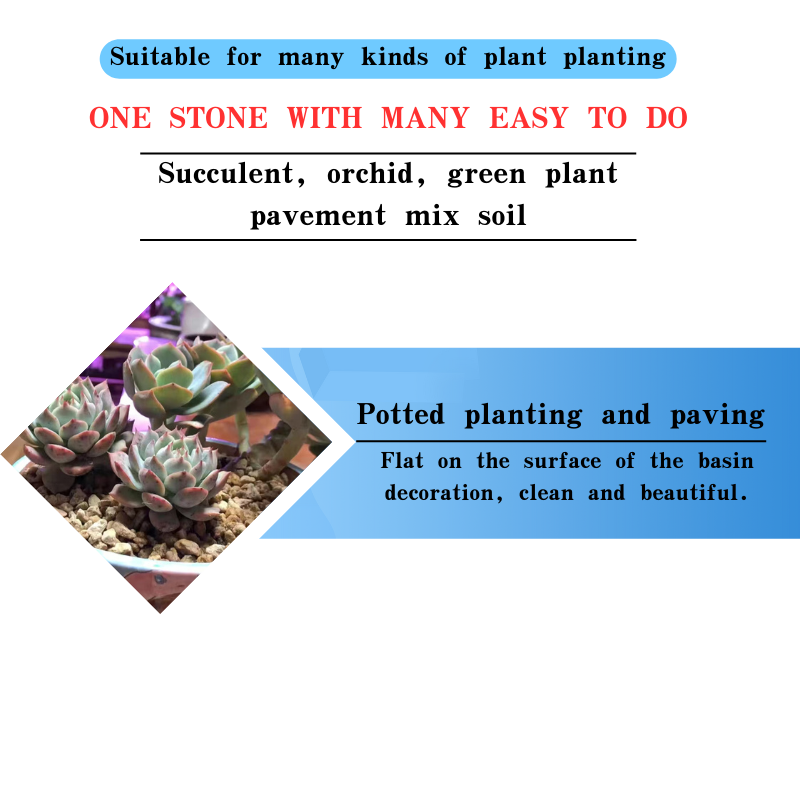
Exploring the Production Processes of Limestone Powder in China's Manufacturing Industry
Exploring China's Limestone Powder Industry
China, a country rich in natural resources, is the largest producer and consumer of limestone in the world. Limestone powder, derived from the crushing and grinding of limestone, has a wide array of applications, ranging from construction materials to industrial uses. The limestone powder industry in China has seen significant growth, propelled by the country's rapid industrialization, urbanization, and infrastructural development.
Limestone, primarily composed of calcium carbonate (CaCO3), is prevalent in various forms across the country. The abundant reserves make China a leader in the global limestone market. Factories across the nation extract limestone from quarries and then process it to produce high-quality powder. The production process involves several stages, including crushing, grinding, classification, and packaging. Modern factories employ advanced technology and equipment to ensure the consistent quality and fineness of the limestone powder.
Exploring China's Limestone Powder Industry
The agricultural sector has also recognized the utility of limestone powder. It is used as a soil amendment and animal feed additive, helping to enhance soil quality and promote healthier livestock. In regions with soil acidity challenges, limestone powder is often applied to neutralize the pH level, improving crop yields. The dual role of limestone powder in both construction and agriculture highlights its versatility and importance in supporting China's economy.
china powder limestone factories

China's limestone powder factories are strategically located in regions with rich limestone deposits, such as Guangxi, Hunan, and Jiangsu provinces. These locations not only provide easy access to raw materials but also proximity to key markets. Companies often develop supply chains that allow them to transport finished products efficiently to construction sites and agricultural consumers, optimizing logistics and reducing costs.
Sustainability is an emerging focus in the limestone powder industry. With growing environmental concerns, many factories are adopting measures to reduce their carbon footprint. This includes optimizing energy usage, implementing waste recycling techniques, and investing in cleaner technologies. As regulations on pollution tighten, companies are increasingly looking for ways to align their operations with national sustainability goals, ensuring long-term viability in a competitive market.
In recent years, the global market for limestone powder has expanded, driven by increasing demand in various application sectors. Chinese factories are not only catering to domestic needs but are also exporting their products worldwide. This globalization has opened new opportunities for manufacturers, encouraging them to adopt international quality standards and certifications, further enhancing their market credibility.
In conclusion, China's limestone powder industry is a pivotal component of the country’s economic landscape. With its vital application in construction and agriculture and the commitment to sustainable practices, the future of this sector looks promising. As the demand for limestone powder continues to grow, driven by infrastructure development and agricultural needs, China's factories are poised to play an essential role in meeting both domestic and international requirements while contributing to a greener economy. The industry’s evolution will undoubtedly shape the trajectory of China’s manufacturing and resource utilization in the coming years.
Share
-
Premium Pigment Supplier Custom Solutions & Bulk OrdersNewsMay.30,2025
-
Top China Slag Fly Ash Manufacturer OEM Factory SolutionsNewsMay.30,2025
-
Natural Lava Rock & Pumice for Landscaping Durable Volcanic SolutionsNewsMay.30,2025
-
Custom Micro Silica Fume Powder Manufacturers High-Purity SolutionsNewsMay.29,2025
-
Custom Mica Powder Pigment Manufacturers Vibrant Colors & Bulk OrdersNewsMay.29,2025
-
Custom Micro Silica Fume Powder Manufacturers Premium QualityNewsMay.29,2025






